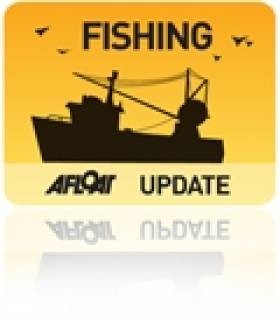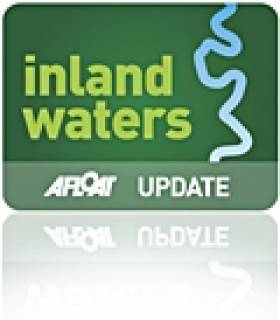Displaying items by tag: Licensing
Delays In Fish Farm Licensing Costing The State Big Say IFA
#Fishing - Are Scotland's tiny Orkney Islands producing more farmed salmon than the whole of Ireland?
That's what the Irish Farmers' Association (IFA) claims in its latest report submitted to Marine Minister Simon Coveney.
According to The Irish Times, the new report also claims that delays in issuing new fish farming licences have cost the State some €60 million in investment opportunities.
The report's figures say around 600 licence applications have been in the system, some for as long as seven years.
IFA president Eddie Downey is calling for a "radical streamlining" of the "bureaucratic bottlenecks" currently stunting the growth of important aquaculture centres in on the west coast from Donegal to Cork, where the IFA contends the local industry has "carved a nice at the high end of the organic market" independent of Government actions.
The Irish Times has much more on the story HERE.
#Oil&Gas - The public consultation on the first stage of environmental assessment for developing an oil and gas licensing framework in Northern Ireland's inland waters continues till next Friday 14 June.
The 'Scoping Report' was issued on 24 April last by Northern Ireland's Department of Enterprise, Trade and Investment (DETI) and marks the first step of the EU-mandated Strategic Environmental Assessment (SEA) process.
The current consultation seeks comments on the appropriateness of the proposed scope of the SEA and the proposed assessment methodology.
Anti-fracking campaigners Good Energies Alliance Ireland (GEAI) argue that any future oil and gas exploration or extraction in Belfast Lough or Larne Lough would include horizontal drilling and franking.
With one week left to go, GEAI is among those urging the public to have their say in the consultation, citing the 1,300 submissions received by the EPA that the group claims it encouraged on a proposed franking research study.
Northern Ireland has four existing petroleum licences across three main areas of exploration in Antrim, Fermanagh and Derry.

























































